hamsters, with their fluffy fur and curious nature, make delightful pets. However, noticing hair loss in your hamster can be alarming. There are several potential causes for hair loss in hamsters, ranging from natural shedding to medical conditions. Identifying the underlying cause is crucial to provide appropriate care and prevent further hair loss. In this article, we will explore the various reasons why your hamster might be losing hair and discuss effective solutions to address this issue.
Seemore: Can a Hamster Eat a Strawberry?
Natural Shedding: A Normal Process
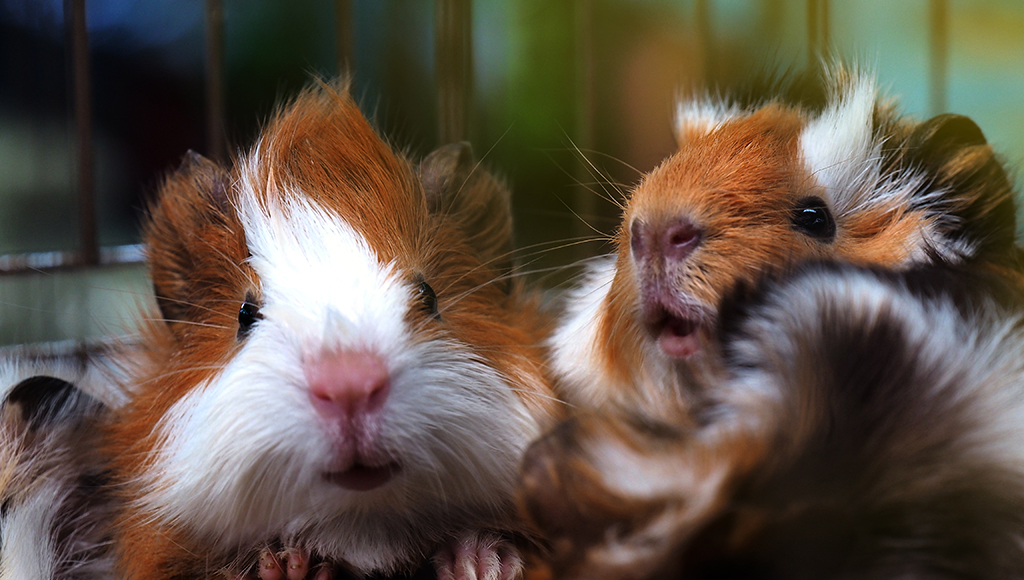
As with many other animals, hamsters experience natural shedding as part of their normal growth cycle. This typically occurs in small amounts and is not a cause for concern. Hamsters can shed old or damaged hair to make way for new healthy fur. This shedding is usually more noticeable during the spring and fall seasons when hamsters prepare for seasonal changes.
Understanding the Shedding Process
To better understand why hamsters shed their fur, let’s take a closer look at their natural growth cycle. Hamsters have a unique coat structure that consists of two types of hair: guard hairs and undercoat. Guard hairs are long, stiff hairs that protect the undercoat, which is made up of shorter, softer hairs. The undercoat provides insulation and helps regulate the hamster’s body temperature.
Just like humans, hamsters have a hair growth cycle that includes three phases: anagen, catagen, and telogen. During the anagen phase, the hair follicles are actively growing, and the hair shafts are firmly attached to the skin. This is the longest phase and can last anywhere from 1-3 months. Next comes the catagen phase, where the hair follicles shrink and detach from the skin. Finally, during the telogen phase, the hair follicles rest, and the old hair falls out, making way for new hair growth.
Shedding in Different Seasons
As mentioned earlier, hamsters typically shed more during the spring and fall seasons. This is because these are transitional periods where the weather changes, and hamsters need to adapt to new temperatures. During the spring, hamsters shed their winter coat to prepare for warmer weather, while in the fall, they shed their summer coat to grow a thicker winter coat. This natural shedding process helps regulate their body temperature and keep them comfortable throughout the year.
Skin Conditions and Parasites: Addressing Underlying Medical Issues
Skin conditions and infestations by parasites are common causes of hair loss in hamsters. These issues can cause irritation, inflammation, and subsequent hair loss. Here are some specific conditions to watch out for:
Ringworm: A Fungal Infection
Ringworm is a fungal infection that can affect hamsters, causing circular patches of hair loss. It is highly contagious and can spread easily through direct contact with an infected animal or contaminated objects. Symptoms of ringworm include scaly skin, crusty lesions, and intense itching. If left untreated, it can lead to secondary bacterial infections and further hair loss.
To treat ringworm, your veterinarian may prescribe antifungal medication and recommend thoroughly cleaning your hamster’s living area. It is also essential to isolate any infected hamsters from others to prevent the spread of the infection.
Mites: Tiny But Troublesome Parasites
Mites are tiny parasites that can burrow into the skin of hamsters, causing intense itching and hair loss. There are several types of mites that can affect hamsters, including Demodex, Sarcoptes, and Chorioptes. These mites can be transmitted through direct contact with an infected animal or contaminated objects.
Symptoms of a mite infestation include excessive scratching, redness, and scaly skin. Your veterinarian will perform a skin scraping to confirm the presence of mites and prescribe appropriate treatment, which may include topical or oral medication. It is also crucial to thoroughly clean your hamster’s living area and disinfect any objects that may have come into contact with the mites.
Other Skin Conditions
Aside from ringworm and mites, there are other skin conditions that can cause hair loss in hamsters. These include bacterial infections, allergies, and hormonal imbalances. Symptoms may vary depending on the specific condition, but they often include redness, itching, and hair loss. If you notice any changes in your hamster’s skin or fur, it is best to consult with a veterinarian for proper diagnosis and treatment.
Nutritional Deficiencies: The Importance of a Balanced Diet
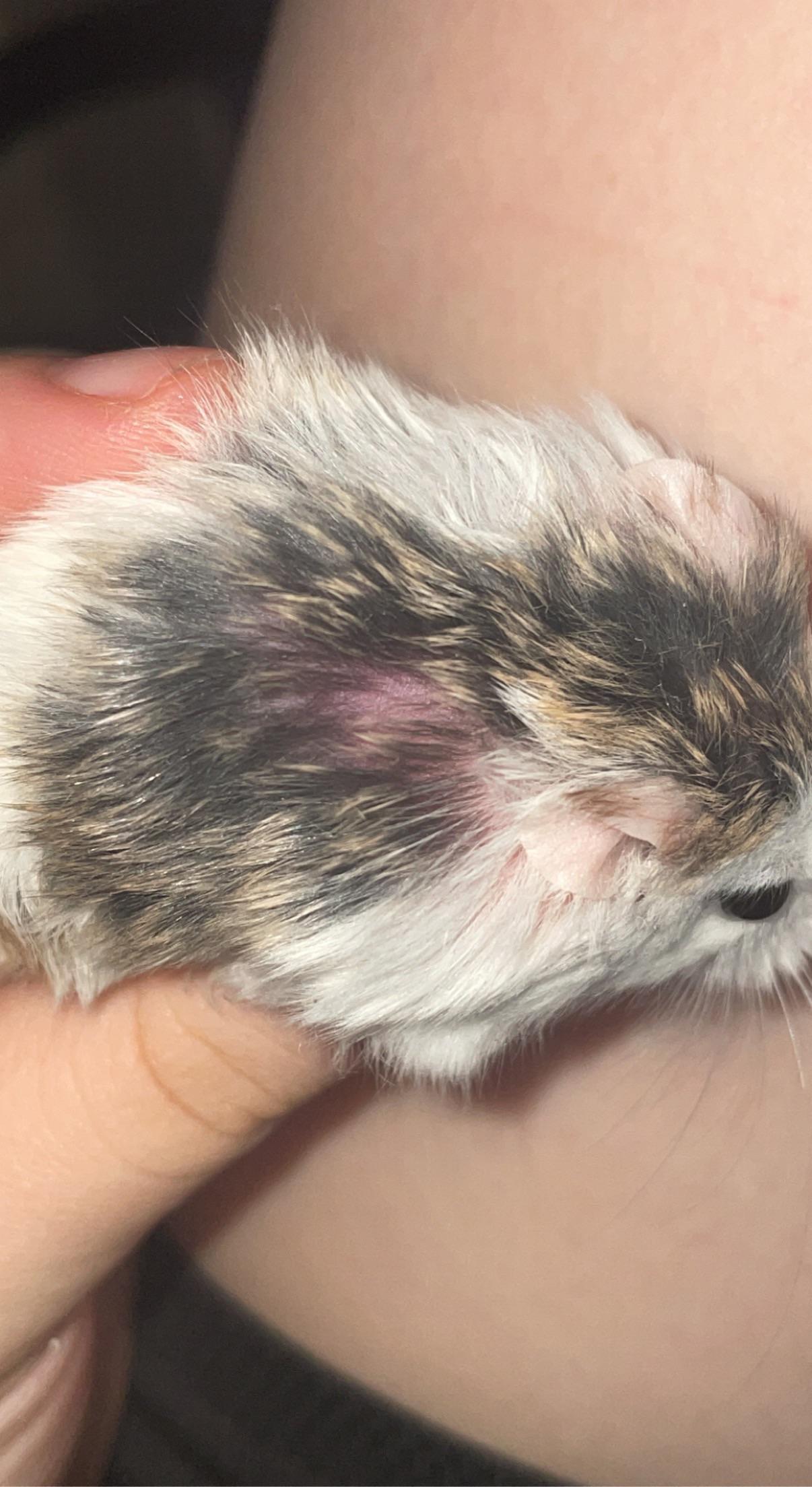
A well-balanced diet is essential for maintaining a healthy coat and preventing hair loss in hamsters. A lack of certain nutrients can lead to dry, brittle fur and even cause hair loss. Here are some key nutrients that are vital for your hamster’s coat health:
Protein
Protein is an essential nutrient for hamsters, as it provides the building blocks for healthy hair growth. Without enough protein in their diet, hamsters may experience slow hair growth, thinning fur, and eventual hair loss. Make sure to provide your hamster with high-quality protein sources such as lean meats, eggs, and insects.
Vitamins and Minerals
Vitamins and minerals play a crucial role in maintaining a healthy coat for your hamster. Vitamin A, in particular, is essential for promoting hair growth and maintaining a glossy coat. Other important vitamins and minerals for coat health include vitamin E, biotin, and zinc. These can be found in commercial hamster food or added through fresh fruits and vegetables.
Water
Water is often overlooked when it comes to coat health, but it is just as important as proper nutrition. Dehydration can lead to dry, dull fur and contribute to hair loss. Make sure your hamster has access to clean, fresh water at all times.
Stress and Anxiety: A Common Cause of Hair Loss
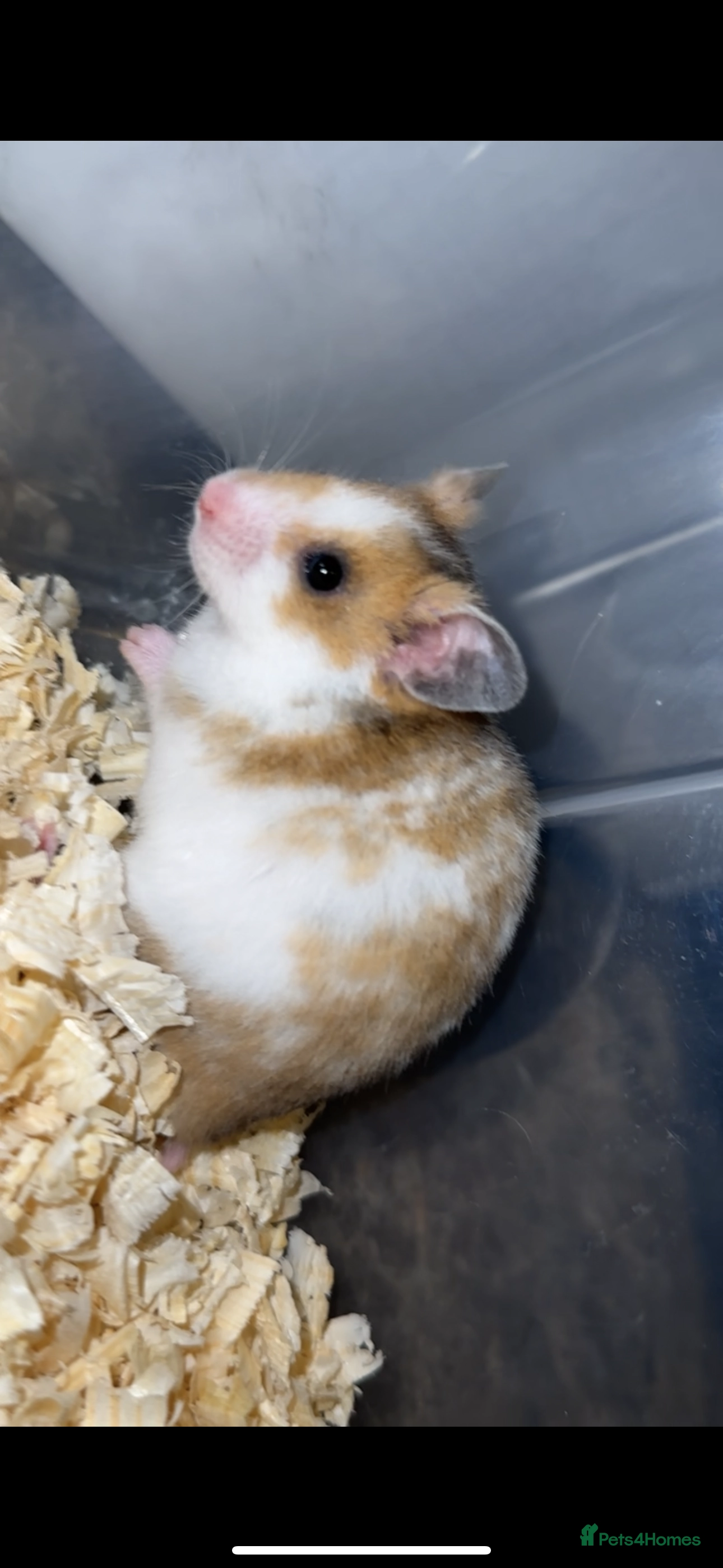
Just like humans, hamsters can experience stress and anxiety, which can manifest in various ways, including hair loss. Changes in their environment, such as a new cage or the addition of a new pet, can cause stress for hamsters. Loud noises, handling, and lack of stimulation can also contribute to anxiety in these small animals.
To help reduce stress and prevent hair loss, make sure your hamster’s living area is quiet and comfortable. Provide plenty of hiding spots and toys to keep them mentally stimulated. If you notice any changes in your hamster’s behavior, it is best to consult with a veterinarian to address any underlying issues.
Genetics: Some Hamsters Are More Prone to Hair Loss
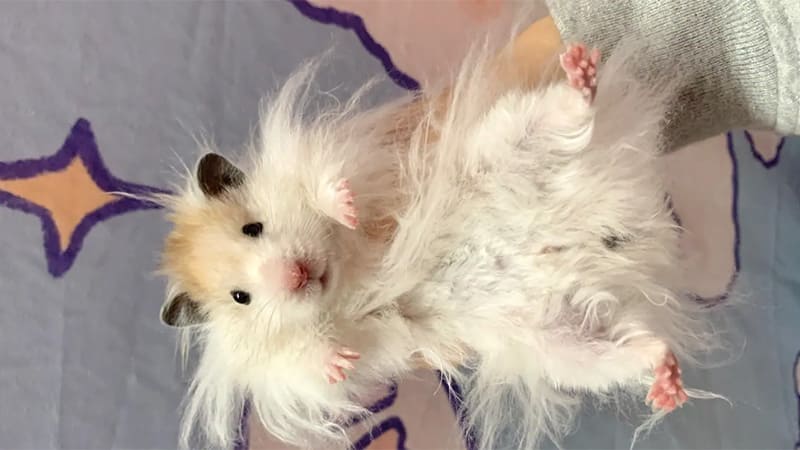
While genetics may not be something you can control, it is essential to understand that some hamster breeds are more prone to hair loss than others. For example, Syrian hamsters have a genetic predisposition to develop alopecia (hair loss) on their backs as they age. This is a normal occurrence and does not require treatment unless there are other symptoms present.
On the other hand, hairless hamsters, such as the Chinese and Roborovski breeds, are naturally hairless and do not have the ability to grow fur. These breeds are not suitable for first-time hamster owners, as they require special care and attention to maintain their skin health.
Conclusion
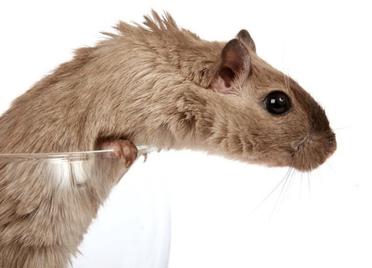
Hair loss in hamsters can be caused by various factors, from natural shedding to underlying medical conditions. It is crucial to observe your hamster’s behavior and monitor any changes in their coat to identify the underlying cause. Providing a well-balanced diet, reducing stress, and addressing any medical issues promptly can help prevent hair loss and maintain a healthy coat for your furry friend. If you have any concerns about your hamster’s hair loss, it is always best to consult with a veterinarian for proper diagnosis and treatment. With the right care and attention, your hamster can continue to be a happy and healthy companion for years to come.

